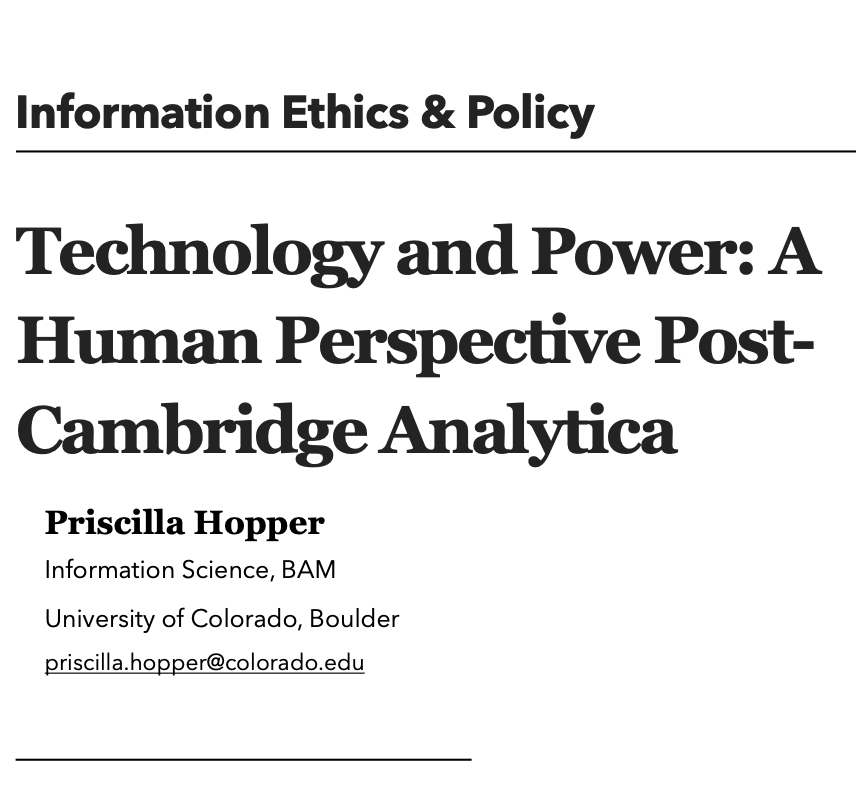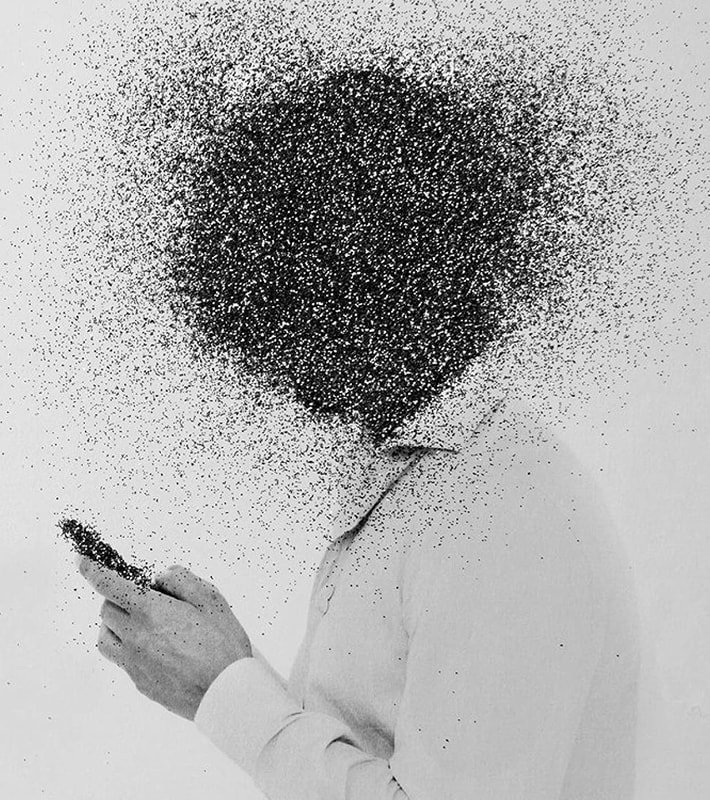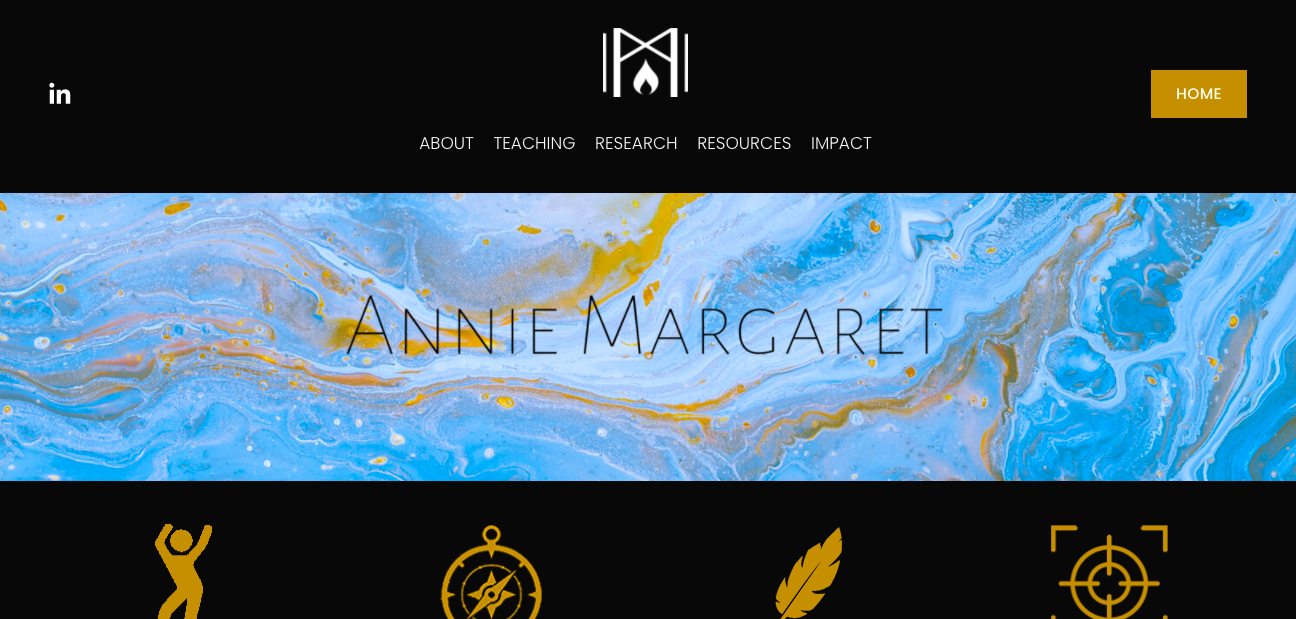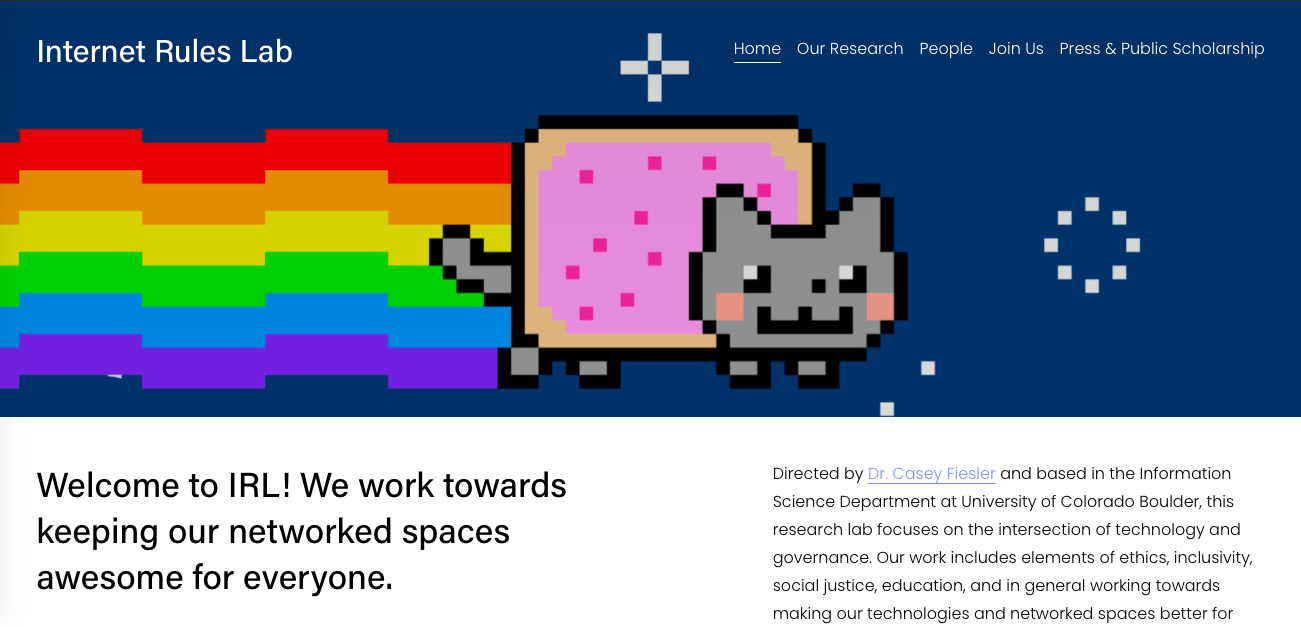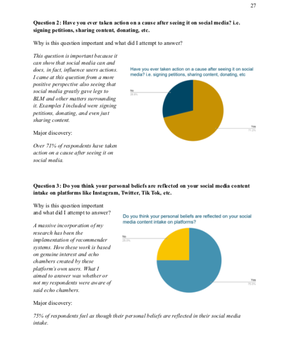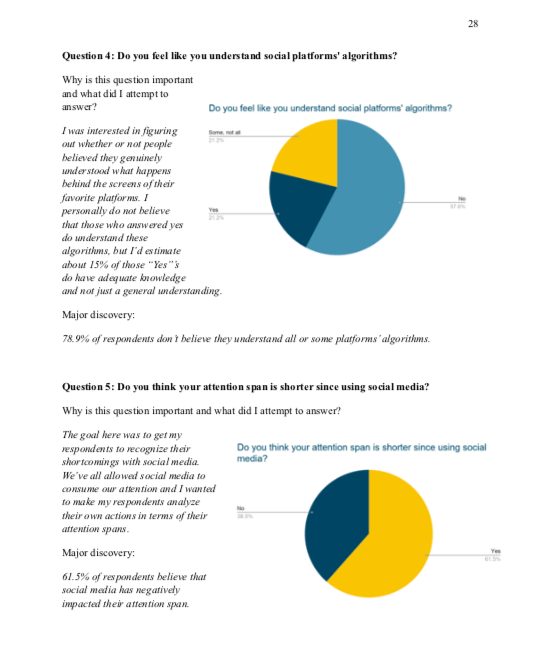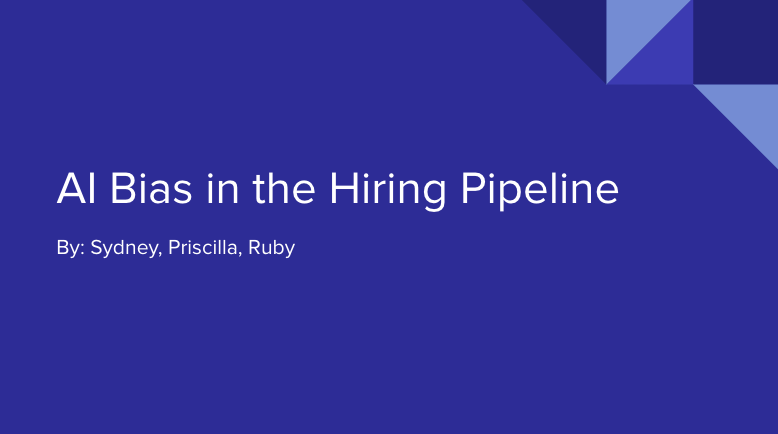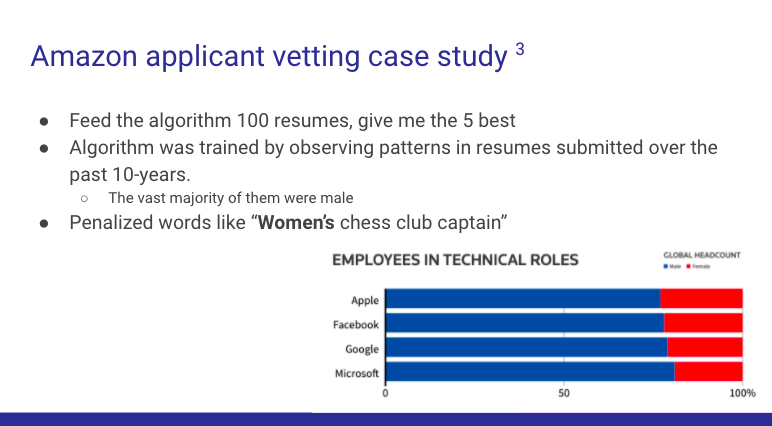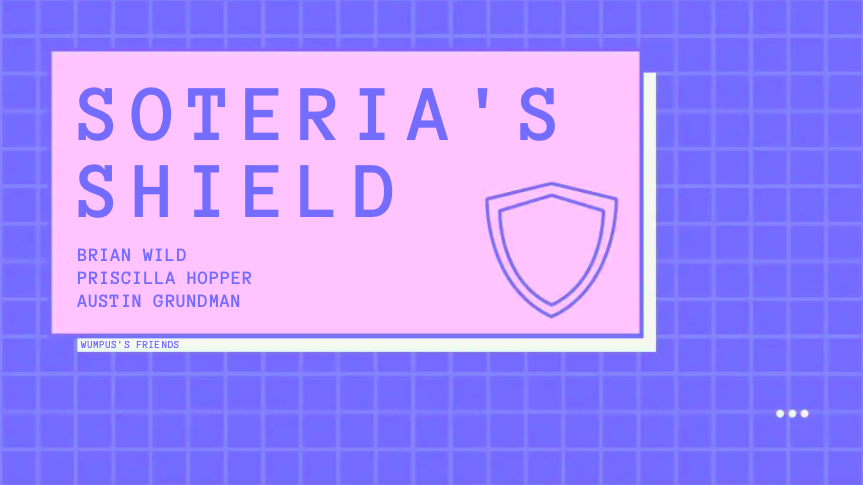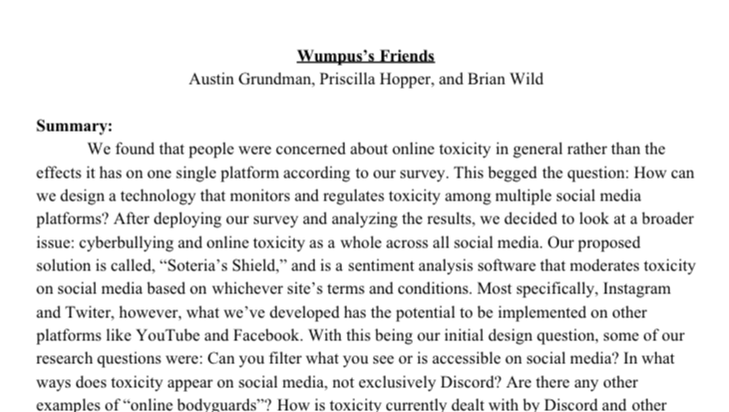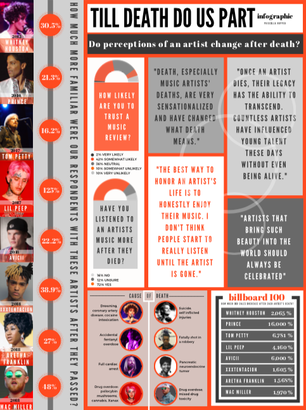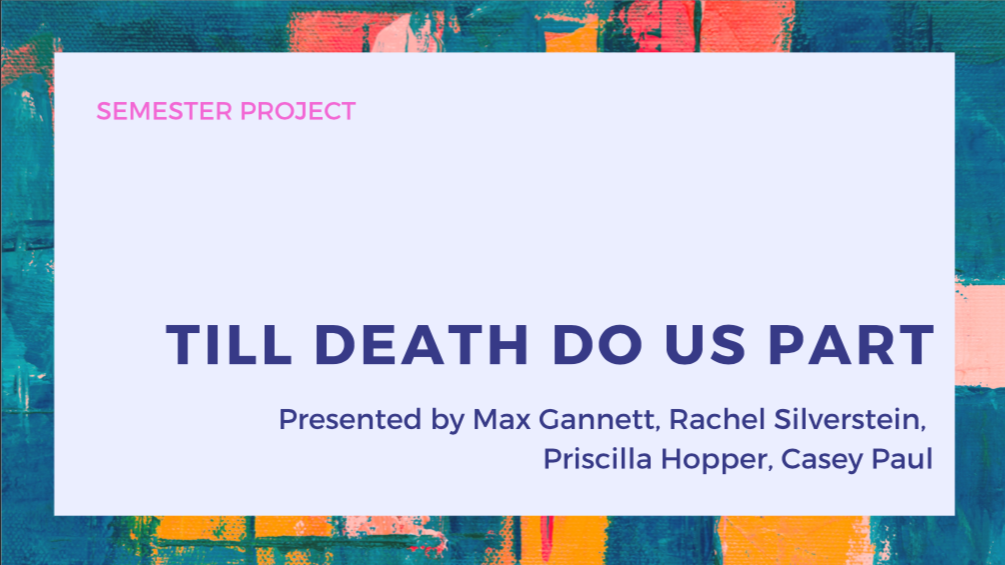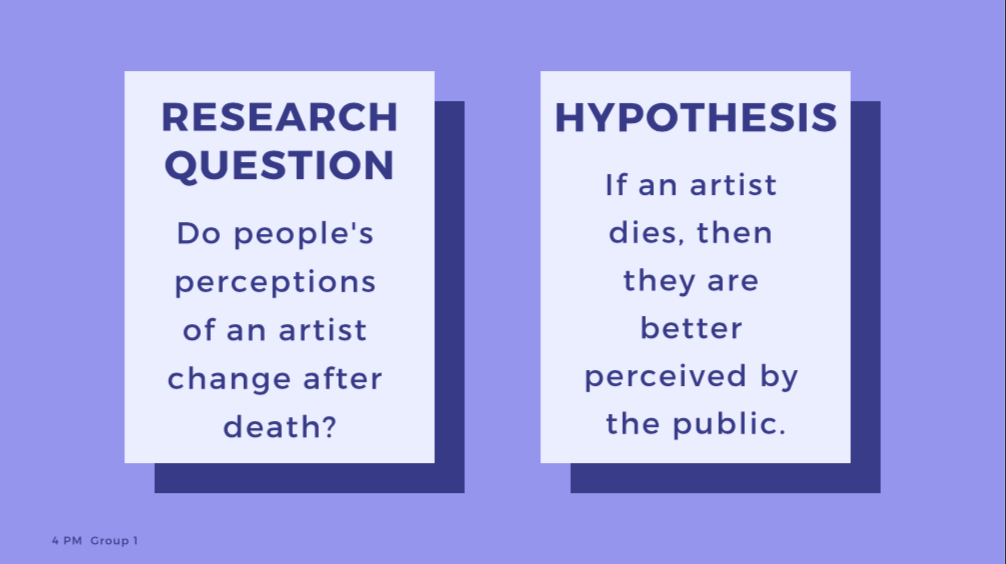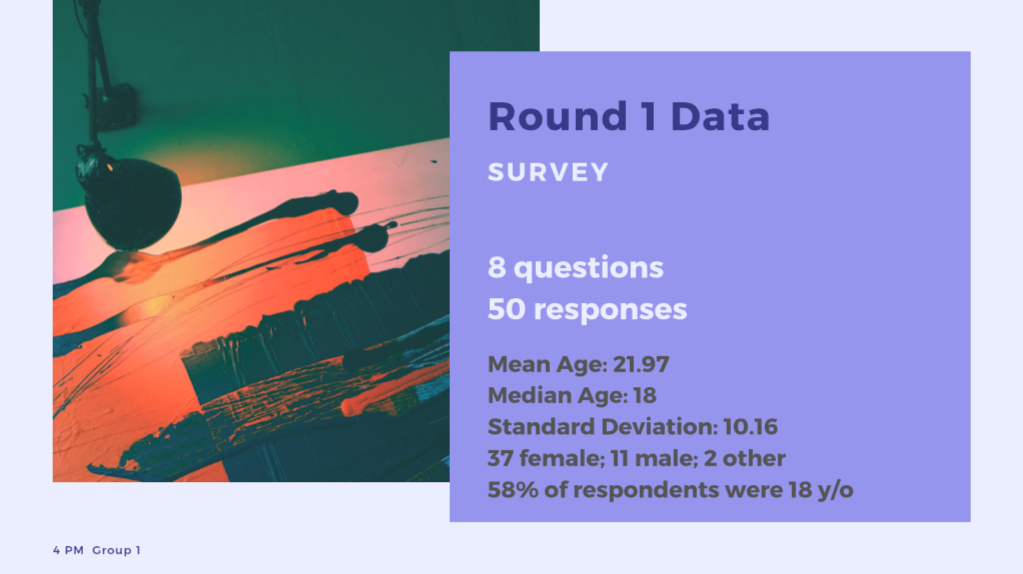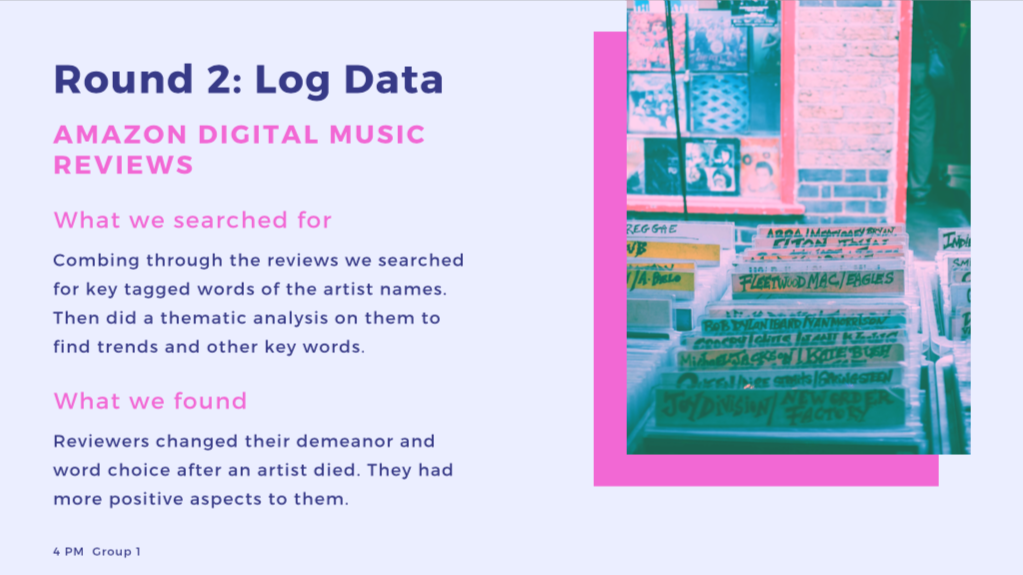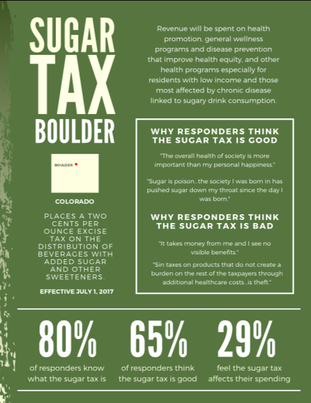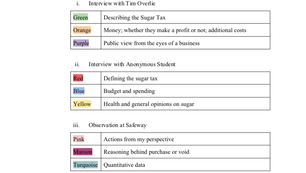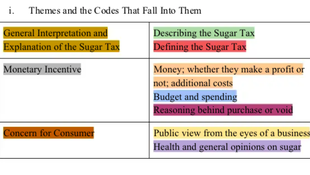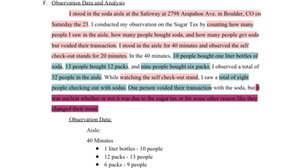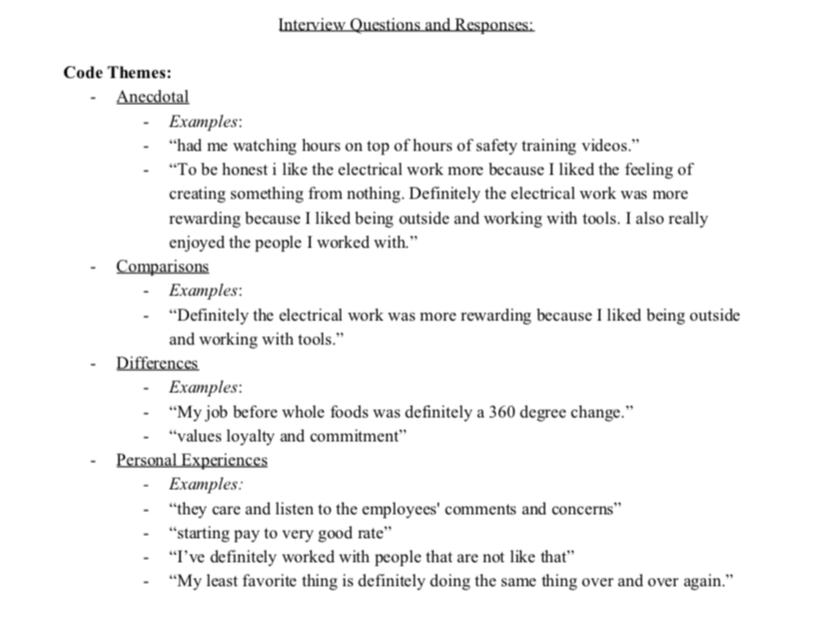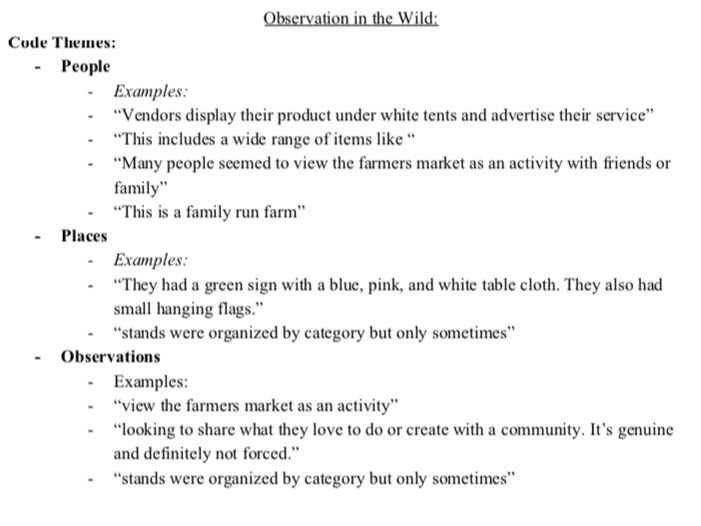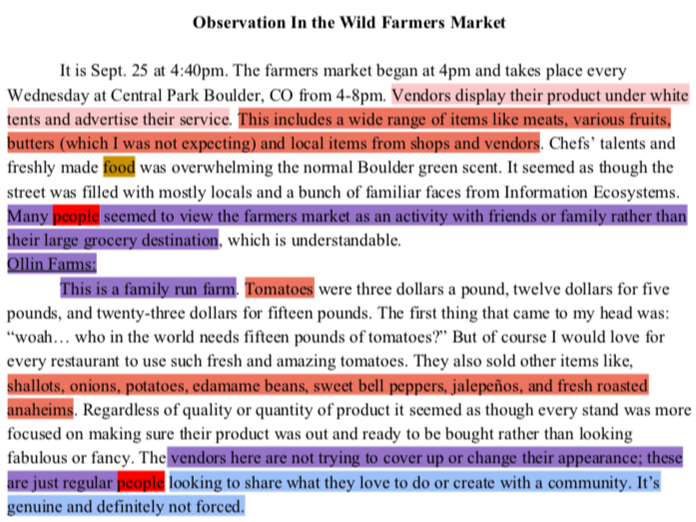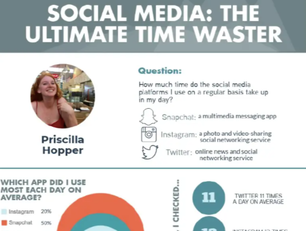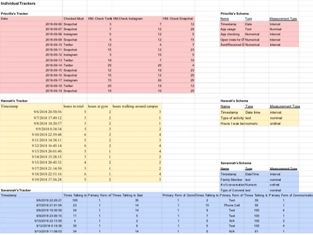Thought Action Journal
This journal is intended to help you train your brain.
We are consumed by our technology and life stressors, and sometimes we need to get a grasp on our intention and our attention.
We are consumed by our technology and life stressors, and sometimes we need to get a grasp on our intention and our attention.
I wrote, designed, and researched this journal with the objective that users, and in particular students, can gain a newfound focus toward their attention and intention. This 14-day journal includes a daily activity and why the activity may help reconnect your attentional and intentional focus.
The Intention section trains your brain to become more aware of your tech usage; activities include organizing applications, setting Do Not Disturb and tracking how often you look at your phone, intentional use of apps, and more.
The Attention section trains your brain to reclaim your time and focus; activities include box breathing and meditation, value and boundary setting, affirmation writing and more.
A version of this journal has been distributed across middle schools in Colorado.
Download the PDF or visit the view link here to see the whole book.
The Intention section trains your brain to become more aware of your tech usage; activities include organizing applications, setting Do Not Disturb and tracking how often you look at your phone, intentional use of apps, and more.
The Attention section trains your brain to reclaim your time and focus; activities include box breathing and meditation, value and boundary setting, affirmation writing and more.
A version of this journal has been distributed across middle schools in Colorado.
Download the PDF or visit the view link here to see the whole book.
| thought_action.pdf | |
| File Size: | 4867 kb |
| File Type: | |
Information Science M.S. Projects
The focus for my masters degree is to investigate psychographic data against online communities. The following projects study user experience, TikTok, and social networks, and Cambridge Analytica.
Researching a Community: TikTok Creator User Experience Infographic
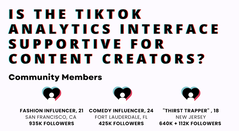
In a class oriented in community-based design research practices, I studied how TikTok influencers use and experience the platform. Studying a platform's general users is just as important as analyzing the users who hold the most influence on that platform. In this infographic and short study, I interviewed users about their experiences with the interface, what data is missing from TikTok's analytics, and how they manage their own online communities.
An Investigation:
Public Opinion on Network Privacy and Social Networks Use of Psychographic Data

Abstract: In order to be involved in society, especially online society, it is required to hand over information deemed private and personal; phone number, email, name, birthday, general location, etc. There are tactics used to increase online satisfaction like targeted advertising, personalized content, data tracking, etc. With huge swings in technology it is imperative to focus on the ethicality of it all. Discussions related to these contexts can be difficult to understand from an outside perspective, but through analyzing human online experiences we can increase knowledge and understanding from the point of view of the creator and the consumer. This investigation explores psychographic data usage tracked and understood through network science techniques while consulting a user experience survey as evidence for human needs for ethical technology.
|
Abstract: With new emerging technology comes access to incredible opportunities, lost connections, fun entertainment and more. And in order to gain that access, users knowingly (or unknowingly) provide their data to companies. For years there have been conversations surrounding privacy issues, but evaluating those conversations from a common perspective can be rare. And, most importantly discussions related to the 2018 Facebook and Cambridge Analytica scandal, where the infamous platform allowed for some unsavory data usage by a third party, have also been rare. Though five interviews and a questionnaire with almost 40 respondents, this text analyzes the human perspective of technology and its power over daily life and individualism.
|
In Fall 2021, as a graduate student I enrolled in Ethical and Policy Dimensions of Information, Technology, and New Media taught by Prof. Casey Fiesler. We explore ethical and legal complexities of information and communication technology. I have chosen to focus on how data mining, psychographic data, and specifically how the Cambridge Analytica scandal has reshaped and hurt user perception of social platforms and other data used for analysis. In this portion of my project, you will take a dive into a book review/analysis of MindF*ck: Cambridge Analytica and the Plot to Break America written by Christopher Wiley, known for whistleblowing on Cambridge Analytica.
|
The Research
Ethical Ramifications of Social MediaCU BOULDER | Annie Margaret Ph.D. ATLS | FA'20-SP'21
In this study, with Annie Margaret and one other research assistant, we analyzed techniques that promote mindful social media usage. In addition, we used survey data from Annie's Meaning of Information Technology classes of their feelings on their own social media use. They took the survey every day for three weeks at the end of the day and analyzed how they felt paralleled to how much or how often they used social media that day.
IN MY ROLE:
Analyzed and de-identified survey data with 200+ participants; created a website for research and side projects; handled creative projects for advertisement and education on the study and relevant topics; managed administrative side work |
Analysis: Content Moderation on TikTokCU BOULDER | Casey Fiesler Ph.D. CMCI | SU'21-FA'21
Prof. Casey Fiesler, another assistant, Dr. Michael-Ann Devito Ph.D., and I worked closely in summer '21 to analyze the user perspective of how TikTok's algorithm moderates content. Since TikTok is not 100% transparent on what their algorithm does, we must rely on user perception. The team did over 20 interview participants and over 150 volunteers. All volunteers were sent a questionnaire for the goal of two data types for analysis.
IN MY ROLE:
Wrote IRB for edits and submission; planned interview questions; assisted in participant survey design; organized 150+ volunteers communication; interviewed 10 + participants; de-identified interview transcripts |
Deliverable F'20 to S'21
| 'Trust is Dead' Essay | Literature Review: How Trust is Processed Through Social Media |
| Literature Review: TikTok and Resources | Survey and Results | Relevant Links |
This is one of my biggest accomplishments since finally defining my true interests in life. I am incredibly proud of myself and will always look back on this 30 page deliverable as my first true step toward future vocational success. I was able to showcase many of my abilities and emphasize the knowledge I've gained in the last few years.
While I worked for Annie Margaret throughout the 2020 academic year, I also took a Cognitive Science class which influenced my final project for Annie. I surveyed over 50 students and other people in my network on how they feel about social media, I wrote an essay on how we enlist our trust in social media so easily, I created a literature review on cognitive science in technology and a second literature reciew on TikTok. This work led me to my research with Casey Fiesler later on. Tik Tok has many influential components to what I am interest in ethics and policy on social media and was an obvious choice for focus.
While I worked for Annie Margaret throughout the 2020 academic year, I also took a Cognitive Science class which influenced my final project for Annie. I surveyed over 50 students and other people in my network on how they feel about social media, I wrote an essay on how we enlist our trust in social media so easily, I created a literature review on cognitive science in technology and a second literature reciew on TikTok. This work led me to my research with Casey Fiesler later on. Tik Tok has many influential components to what I am interest in ethics and policy on social media and was an obvious choice for focus.
|
Your browser does not support viewing this document. Click here to download the document.
|
The Projects
AI Bias in the Hiring Pipeline
In the spring of 2021, I took a class called Fairness and Bias in AI taught by Prof. Robin Burke, the department head for CU's Information Science program. In this course, I explored a variety of types of AI systems; application areas where they are deployed; and their potential for producing unfairness and discrimination. For my final project, I composed a study with two other students to analyze the algorithmic bias in resume-scanning systems.
|
Soteria's ShieldThis was a semester-long project called Soteria's Shield from fall 2020. We began with the problem of how the application Discord allows such profanity and bullying. Our goal was trying to fix it. Instead we came up with a 'shield' that would protect people on all social media platforms like Twitter, Instagram, and Facebook. I made the presentation and took the lead on writing our project summary while analyzing all of our sources.
|
Till Death Do Us Part
This is one of my favorite projects by far. I solely designed this infographic but worked in a group to obtain some of the data. I did the interviews, created the survey charts from the survey, did the math to determine the familiarity statistics, and found the Billboard 100 data. I also designed the presentation for this semester project. We worked all semester to narrow down our research question and used interview data, log data, and survey data.
Sugar Tax "Problem"
When first assigned this “problem,” my goal was to analyze whether or not the Sugar Tax had become a problem in Boulder, CO. In addition to my interviews and observation, I contacted the managers of the restaurants in Boulder and Denver to compare soda sales. Even with the Sugar Tax in affect, the Boulder location sold significantly more soda. I created a survey and infographic to gain a perspective on personal opinions of the public. The majority of people were in support of the sugar tax and believed it did not affect their spending. Our conclusion from our research was that Boulder should not make any changes or reform the Sugar Tax
Thematic Analysis: Interview Observation in the Wild
This thematic analysis consists of interview data and observation data on the food industry in Colorado. I focused on retail in Whole Foods and a local Farmer's Market. The interview and observation is coded, analyzed with a word cloud, compared through the codes specifically and the word cloud. It includes pictures and a summary and reflection of the assignment and an explanation behind the coding process.
Self-Tracking Social Media Analysis
This was an infographic I made after tracking my social media usage for a couple weeks. To see my aggregated data in comparison with two other students' data. The aggregated data consists of my daily tracker data from tracking my social media usage compared and analyzed alongside two other students' data.



